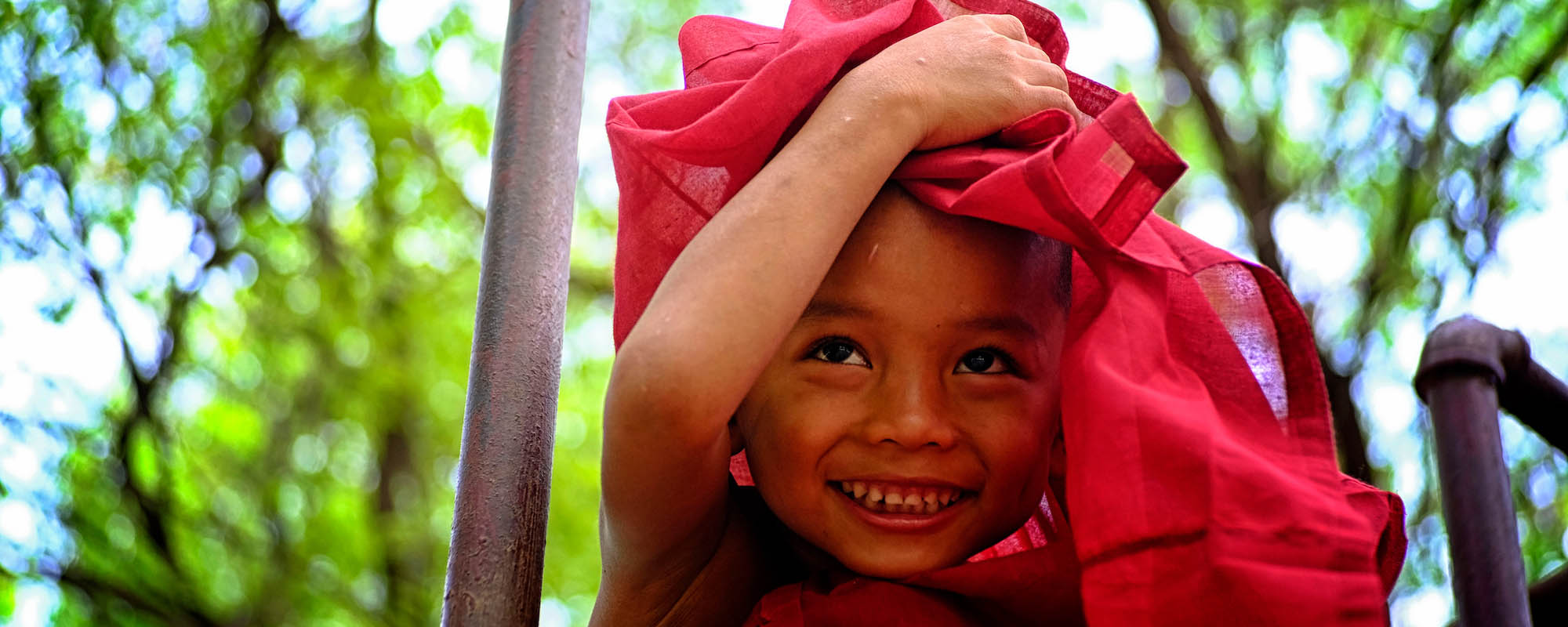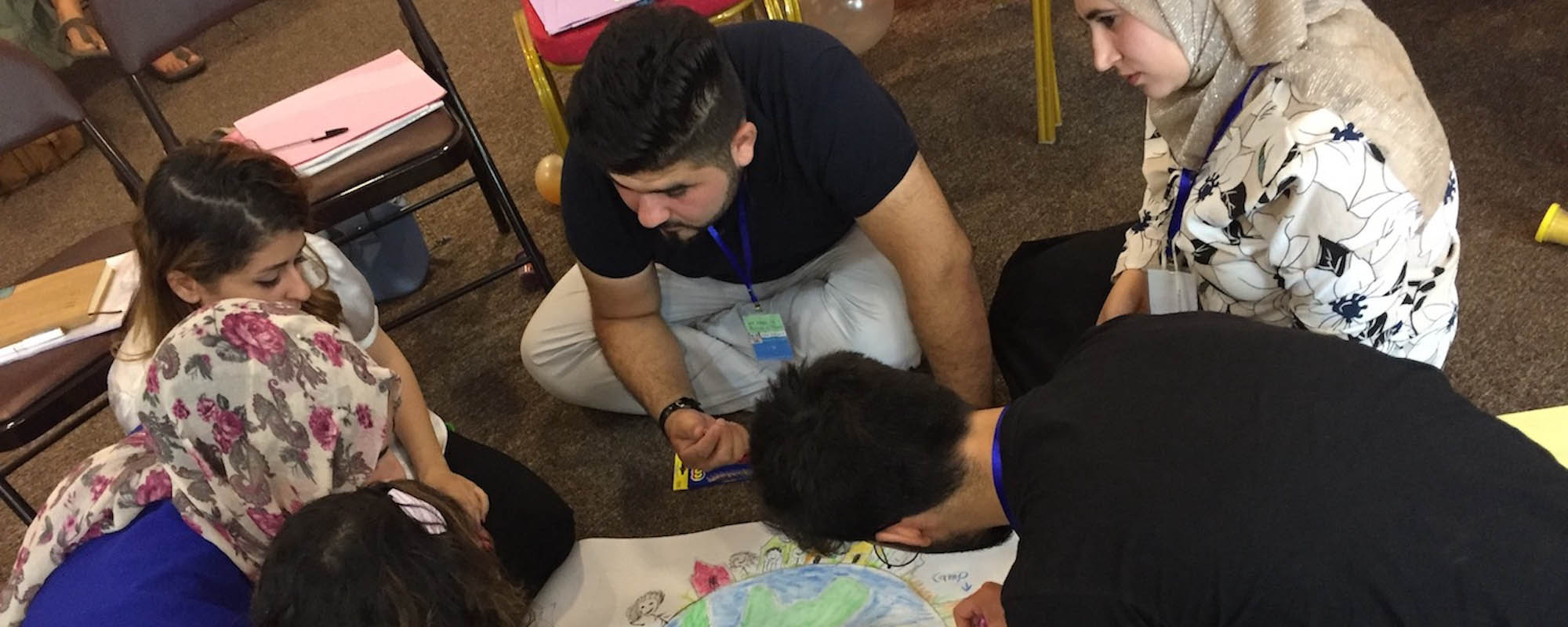CAR is caught in a vicious cycle that is producing damaging results for children. An upsurge in insecurity has devastated CAR over the past year. More than 2,000 people have died, almost half a million children have been forced to flee their homes and human rights abuses and sexual violence are pervasive features of the conflict. This is the latest in a long line of violent episodes that have brought death, displacement and misery to CAR’s population. Before the most recent violence, CAR was already one of the most difficult places in the world to be a child. The country has suffered more than 50 years of cyclical violence, and is among the least developed countries globally. Children born in CAR were already likely to experience violence, grow up illiterate and die young. Stalled development - manifested in widespread poverty, weak public services and institutions - has made CAR vulnerable to recurrent periods of violence. And these crises are hindering development further. Thus, a vicious cycle is preventing CAR’s population, including 2.3 million children, from seeing meaningful improvements to their lives. Yet, despite obvious and urgent need, the humanitarian and development requirements of CAR, and its children, have been largely ignored by the international community. An ‘aid orphan' CAR has received neither the emergency aid nor the long-term predictable funding it needs to address the acute risks facing its population and forge a sustainable route out of cyclical emergencies. Why? CAR has been viewed as geopolitically unimportant. With many donors focusing overseas aid spending on their strategic interests, guided by foreign policy priorities, CAR has been widely ignored. CAR has been overshadowed. The mainstream media is only now starting to turn its attention to CAR. Historically there has been little media interest in the country, contributing to a lack of public pressure for donors and governments to act. NGOs have not been present. Aid agencies and NGOs can play an important role in advocating for governments to allocate funding to a particular crisis. A lack of humanitarian and development actors on the ground has contributed to the low-profile of CAR’s protracted emergency. 5 The child-focused areas of humanitarian response, including education and protection, have been among the worst funded by donors. Children, who are among the most vulnerable people in any crisis, have been largely abandoned by the international community and opportunities to lay the foundations for peacebuilding through education provision are being missed. 6 The international community’s approach to CAR has demonstrated profound disregard for humanitarian principles and the equitable distribution of aid. If action is not taken to end the cycle of recurrent violence and stalled development, CAR’s population will remain vulnerable to future emergencies even after the current crisis abates.






